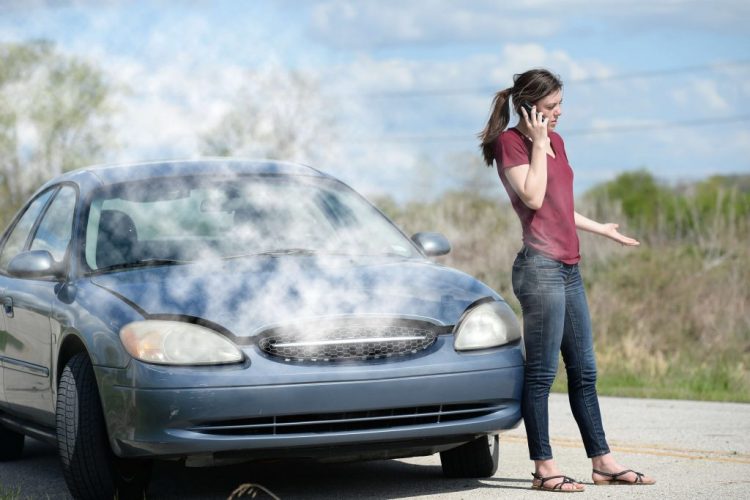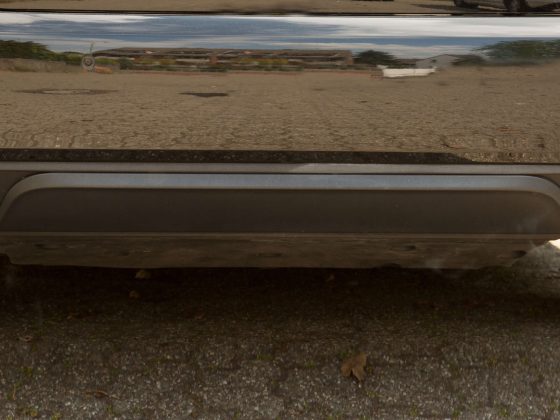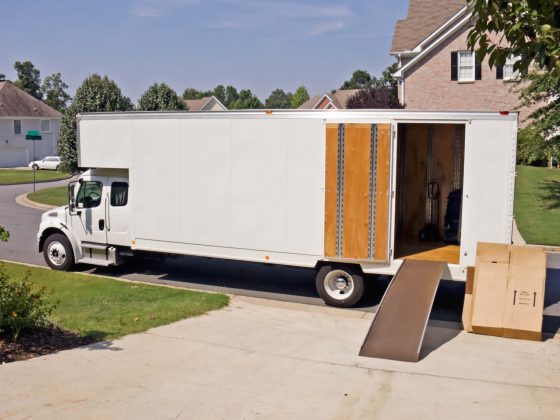An overheating car is one of the most frustrating experiences on the road. Many times, it happens at the worst possible moment like when its raining cats and dogs or when you really have to get somewhere in a short time. It’s one of the many glitches that can stop you right in your tracks but we have a few tips so that you can handle the situation as quickly as possible and save your car from serious or long term engine damage.
Use eTags© to Quickly Complete Your DMV Service. Renewals, Title Transfers and More, All Online!
What’s Going On?
As is the case with all technical issues which a car can develop, the key to preventing your car from overheating lies in first knowing the conditions that may cause overheating. Some of the common causes of overheating are:
- Low level of radiator coolant – This could result from failure to routinely check and top off the coolant in your car. Also, leakages caused by other physical damages could deplete the coolant reservoir.
- A broken fan belt – After time, many of the bands or belts give out and its important to do regular maintenance checks to have these replaced when necessary.
- A closed thermostat – As you drive your car, the thermostat opens and shuts to regulate temperature. In rare cases, the thermostat stays permanently closed, resulting in overheating.
- A faulty radiator switch – A simple switch out with this can safe you big headaches
- A broken radiator fan – Radiator fans themselves don’t usually break but if the mechanisms that allow them to rotate may become damaged beyond repair.
- A clogged radiator. This condition prevents the radiator from working efficiently. It can be avoided by regularly flushing the radiator.
WHAT SHOULD YOU DO?
In rare circumstances, even with all due diligence and a well-tuned car, the temperature gauge still manages to shoot up. While early detection is important in preventing severe damage to your car, here are some of the things you should do to manage the situation until you get expert assistance:
- Turn off the engine: The first and most practical thing to do when your car overheats is to pull over, turn off the engine, open the hood, and wait until engine cools off before opening any valves or gaskets.
- Turn off the air conditioner: In some situations, your car may start overheating when you are in slow moving traffic where it is impossible for you to pull over immediately. If that is the case, turn off the air conditioner and open the windows. This will help to reduce the work load on the engine and reduce the speed at which it overheats
- Allow the engine to cool off: When the car overheats, the problem can almost always be linked to the radiator system. This may require you to refill the coolant or check for leakages and breakages on the reservoir. Allow the engine to cool off first before taking the next step. Doing otherwise might result in severe injury to your person and possible damage to the engine of your car.
- Turn on the heater: An easy thing to do in time of cold weather and darn near torture in hot weather but this is a very practical method for transferring some of the heat from the engine to the car’s interior. It is important to make sure that all the windows are rolled down to provide adequate ventilation so that you don’t pass out from the heat (that would suck).
- Get expert help: In severe cases, especially when you detect serious faults that can’t be fixed on the spot, it is advisable not to drive the car at all even after it cools down and seems to be “ok”. Calling a tow truck to tow the car to a garage where the problem can be resolved might be expensive at first but it may save you from a bigger repair bill in the future.
In all situations involving an overheating car, you should pay attention to your safety by taking necessary steps to protect yourself from avoidable harm like moving traffic. You will likely find it infinitely helpful to have a car kit handy for these type of situations and others.









1 comment
That’s some nice piece of advice. Thanks for sharing.